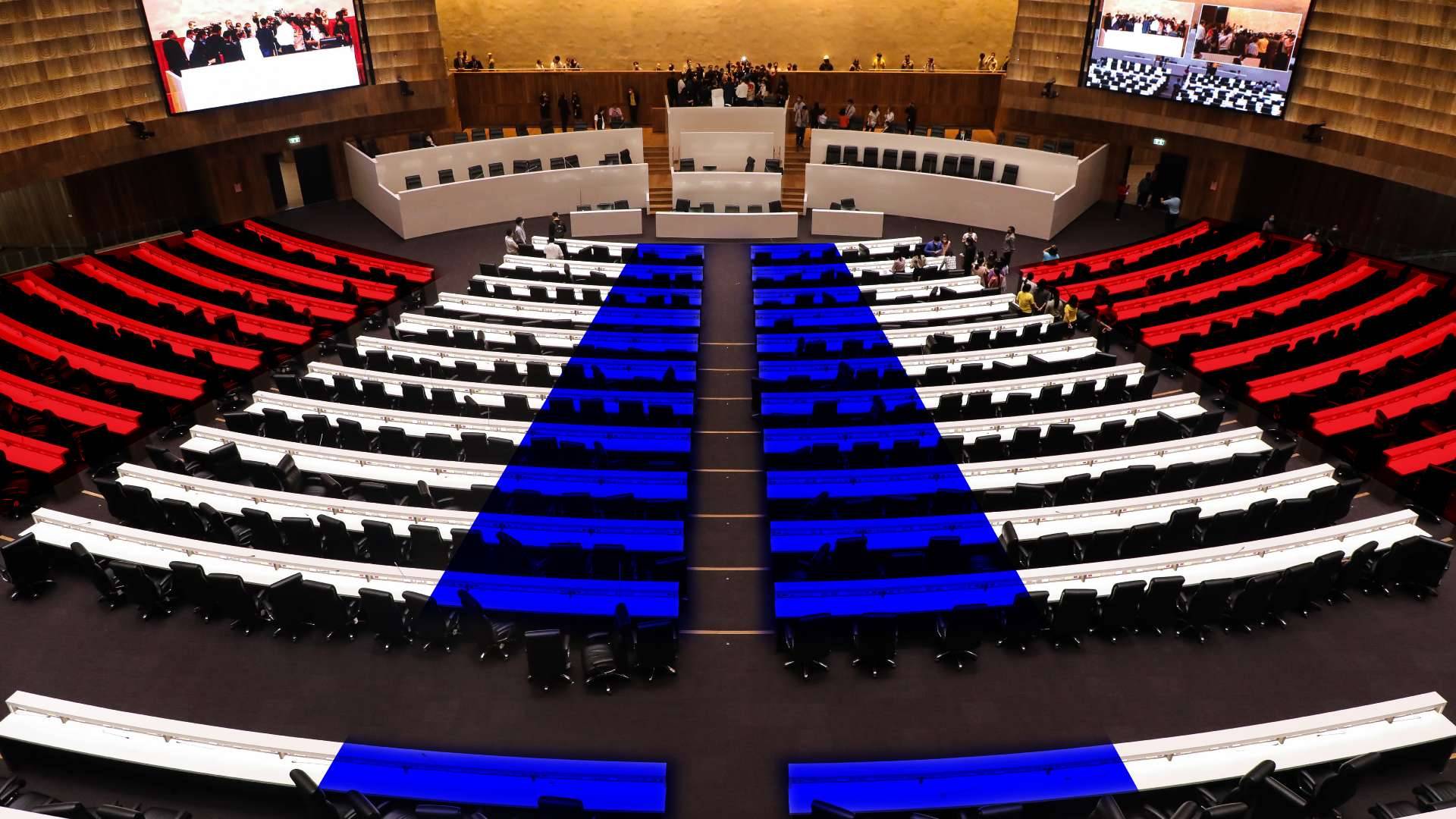
Black swans to watch: 8 uncertainties - 2024 edition
ARTICLES | Jul 24, 2024

1. Escalation of War (Global):
Intensifying conflicts between Israel-Hamas, Russia-Ukraine, and the US-China-Taiwan triangle could disrupt global supply chains, impact agricultural and metal markets, and drive up energy prices. Extreme escalation could lead to humanitarian crises, environmental damage, economic and political instability, and mass displacement.
Implications: Diversify investments and business portfolios. Secure supply chains, manage costs, and maintain financial liquidity.

2. Nuclear Mayhem (Global):
North Korea, Russia, and Iran could potentially resort to nuclear weapons in ongoing conflicts, leading to devastating environmental consequences, contamination, radiation exposure, economic collapse, and widespread human suffering.
Implications: All sectors must advocate for peaceful resolutions and apply pressure to discourage the use of nuclear weapons.

3. Food Stress (Global):
The El Niño phenomenon, combined with existing water scarcity, could reduce global agricultural yields by 5% annually, leading to malnutrition, hunger, environmental degradation, political unrest, and economic instability.
Implications: International cooperation and investment in sustainable agricultural innovation are crucial.

4. Pandemic Pandemonium (Global):
The risk of another pandemic remains due to factors like wildlife encroachment, bioterrorism, and the release of pathogens from melting glaciers. A new outbreak could severely impact economies, political systems, and societies.
Implications: Public health education, robust disaster response plans, and proactive technological infrastructure for tracking and prediction are vital.

5. Rogue Tech (Global):
The lack of effective regulation for technologies like artificial intelligence could lead to cyberattacks, disinformation campaigns, and other technological threats, causing widespread disruption and potential harm.
Implications: Prioritize cybersecurity and digital resilience. Develop a skilled workforce and implement robust measures to protect critical infrastructure and sensitive information.

6. Fiscal Crisis (Global):
Inflation, interest rate volatility, and the collapse of financial institutions could trigger a severe global economic and financial crisis. High interest rates could put many banks at risk, with ripple effects throughout the global economy.
Implications: Prioritize low-risk investments and focus on generating steady income rather than speculative gains. Diversify portfolios and build financial resilience.

7. Capital Flight (Regional):
Escalating conflicts in Asia, particularly in Myanmar and Cambodia, could lead to the outflow of foreign investment, resulting in poverty, brain drain, economic contraction, political instability, and social deterioration.
Implications: While migrant labor can address workforce shortages, focus on upskilling both Thai and migrant workers for long-term economic stability. Businesses in high-risk areas should closely monitor the situation and develop comprehensive contingency plans.

8. Social Unrest (Thailand):
Intergenerational conflict and political polarization are growing in Thailand. The outcome of the Senate elections will be a crucial factor in determining the country's political trajectory and social stability.
Implications: Monitor political and social developments closely. Understand the evolving needs and concerns of your workforce and consumers to adapt and thrive. Prioritize open communication and transparent decision-making.
Get to know us better CLICK https://www.facebook.com/futuretaleslab or follow us at https://www.blockdit.com/futuretaleslab
Contact: Academy and Advisory Services for Well-Being, Resilience, and Future-Proof: [email protected]











